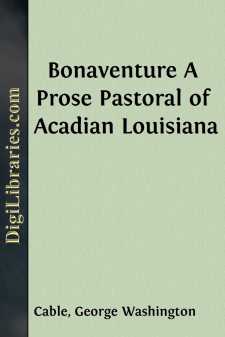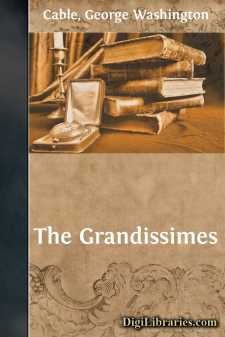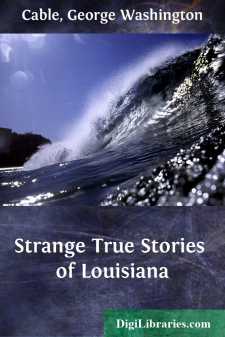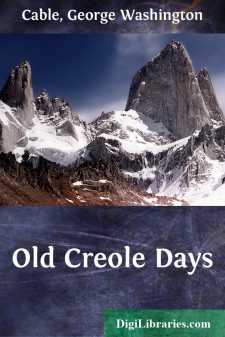Categories
- Antiques & Collectibles 13
- Architecture 36
- Art 48
- Bibles 22
- Biography & Autobiography 813
- Body, Mind & Spirit 142
- Business & Economics 28
- Children's Books 14
- Children's Fiction 11
- Computers 4
- Cooking 94
- Crafts & Hobbies 4
- Drama 346
- Education 46
- Family & Relationships 57
- Fiction 11829
- Games 19
- Gardening 17
- Health & Fitness 34
- History 1377
- House & Home 1
- Humor 147
- Juvenile Fiction 1873
- Juvenile Nonfiction 202
- Language Arts & Disciplines 88
- Law 16
- Literary Collections 686
- Literary Criticism 179
- Mathematics 13
- Medical 41
- Music 40
- Nature 179
- Non-Classifiable 1768
- Performing Arts 7
- Periodicals 1453
- Philosophy 64
- Photography 2
- Poetry 896
- Political Science 203
- Psychology 42
- Reference 154
- Religion 513
- Science 126
- Self-Help 84
- Social Science 81
- Sports & Recreation 34
- Study Aids 3
- Technology & Engineering 59
- Transportation 23
- Travel 463
- True Crime 29
Bonaventure A Prose Pastoral of Acadian Louisiana
Description:
Excerpt
CHAPTER I.
Bayou Teche is the dividing line. On its left is the land of bayous, lakes, and swamps; on its right, the beautiful short-turfed prairies of Western Louisiana. The Vermilion River divides the vast prairie into the countries of Attakapas on the east and Opelousas on the west. On its west bank, at its head of navigation, lies the sorry little town of Vermilionville, near about which on the north and east the prairie rises and falls with a gentle swell, from whose crests one may, as from the top of a wave, somewhat overlook the surrounding regions.
Until a few years ago, stand on whichever one you might, the prospect stretched away, fair and distant, in broad level or gently undulating expanses of crisp, compact turf, dotted at remote intervals by farms, each with its low-roofed house nestled in a planted grove of oaks, or, oftener, Pride of China trees. Far and near herds of horses and cattle roamed at will over the plain. If for a moment, as you passed from one point of view to another, the eye was shut in, it was only where in some lane you were walled in by fields of dense tall sugar-cane or cotton, or by huge green Chickasaw hedges, studded with their white-petalled, golden-centred roses. Eastward the plain broke into slight ridges, which, by comparison with the general level, were called hills; while toward the north it spread away in quieter swells, with more frequent fields and larger houses.
North, south, east, and west, far beyond the circle of these horizons, not this parish of Lafayette only, but St. Landry, St. Martin, Iberia, St. Mary’s, Vermilion,—all are the land of the Acadians. This quarter off here to northward was named by the Nova-Scotian exiles, in memory of the land from which they were driven, the Beau Bassin. These small homestead groves that dot the plain far and wide are the homes of their children. Here is this one on a smooth green billow of the land, just without the town. It is not like the rest,—a large brick house, its Greek porch half hid in a grove of oaks. On that dreadful day, more than a century ago, when the British in far-off Acadie shut into the chapel the villagers of Grand Pré, a certain widow fled with her children to the woods, and there subsisted for ten days on roots and berries, until finally, the standing crops as well as the houses being destroyed, she was compelled to accept exile, and in time found her way, with others, to these prairies. Her son founded Vermilionville. Her grandson rose to power,—sat in the Senate of the United States. From early manhood to hale gray age, the people of his State were pleased to hold him, now in one capacity, now in another, in their honored service; they made him Senator, Governor, President of Convention, what you will. I have seen the portrait for which he sat in early manhood to a noted English court painter: dark waving locks; strong, well-chiselled features; fine clear eyes; an air of warm, steady-glowing intellectual energy. It hangs still in the home of which I speak....












